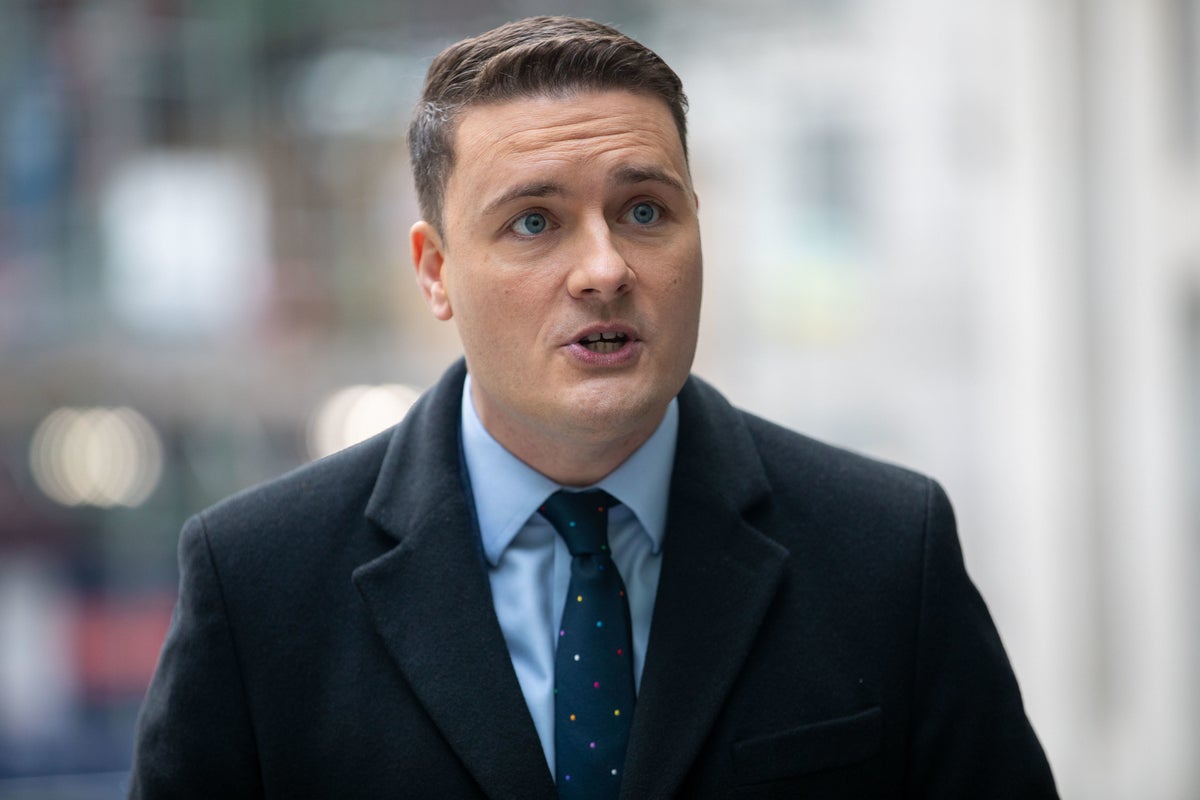
Labour has said the government should cut waiting lists not standards after reports ministers are poised to abolish most NHS targets in England next year.
The efficiency of the health service is under increasing scrutiny following warnings of chaos in the NHS this winter.
Patients are languishing on waiting lists and suffering long waits for ambulances amid claims the service is close to collapse.
Shadow health secretary Wes Streeting said ministers would be wrong to “water down” or scrap standards.
“The answer is cutting waiting times, not cutting standards for patients,” he said. “It is a disgrace that patients are spending 24 hours in A&E, suspected heart attack and stroke victims are waiting around an hour for an ambulance, and that patients have waited longer for cancer care every year since 2010.”
Patricia Hewitt, a former Labour health secretary, has been asked to complete a report into how the health service is run, which is due to report by March.
A senior government source told the i newspaper that the system should have more local control: "We need to run the NHS more like we do the schools system."
The prospect of a bonfire of targets was welcomed by the Royal College of GPs, who said many were "tick-box exercises that take GPs and our teams away from delivering frontline patient care".
Professor Kamila Hawthorne, chair of the Royal College of GPs, said: "GPs and our teams are working under intense workload and workforce pressures and the bureaucratic burden we face on a daily basis is adding to this.
"There may be some value in some of the performance indicators and frameworks which we currently work to, but many feel like tick-box exercises that take GPs and our teams away from delivering frontline patient care. So, at the very least, a radical review of these in general practice is needed to ensure they are proportionate and extensively reduced - enabling GPs to focus on the needs of patient in their local areas - and are in the best interests of patients."
The Department of Health pointed to Ms Hewitt’s remit, which asked her “how best to cut through red tape and boost efficiency, financial accountability and autonomy, with fewer national targets.”







